Are you at high risk of cardiovascular disease? Cardiovascular disease is the most terrifying invisible killer in winter. What can you do to prevent the three highs and stay away from cardiovascular disease? Our expert, Dr. Chen Weiqian of Formosa Biomedical i-Medical Health Clinic, provides you with ways to prevent cardiovascular disease in winter, so that you can spend the winter without fear of the cold. Invisible killer in winter, cardiovascular disease becomes a hidden worry in cold weather! In winter, when the temperature of the environment drops, the blood vessels are more likely to contract in order to keep warm. After contraction, the heat energy can be avoided and the body can be kept warm. However, when the blood vessels contract, the resistance of the blood vessels will increase, and it will take more effort for the blood to pass through, and the blood pressure will rise. Therefore, some friends may feel that blood pressure is more likely to rise in winter, mainly because of blood vessel contraction. When the blood vessels contract and blood pressure rises, the burden on the heart increases. When the burden on the heart increases, more oxygen and nutrients are needed to support the workload of the heart. The blood vessel system that supplies the heart is called the coronary artery system. Every time the heart pumps blood, it pumps blood to the aorta, which then circulates throughout the body, so all the cells in our body can get enough oxygen and nutrients.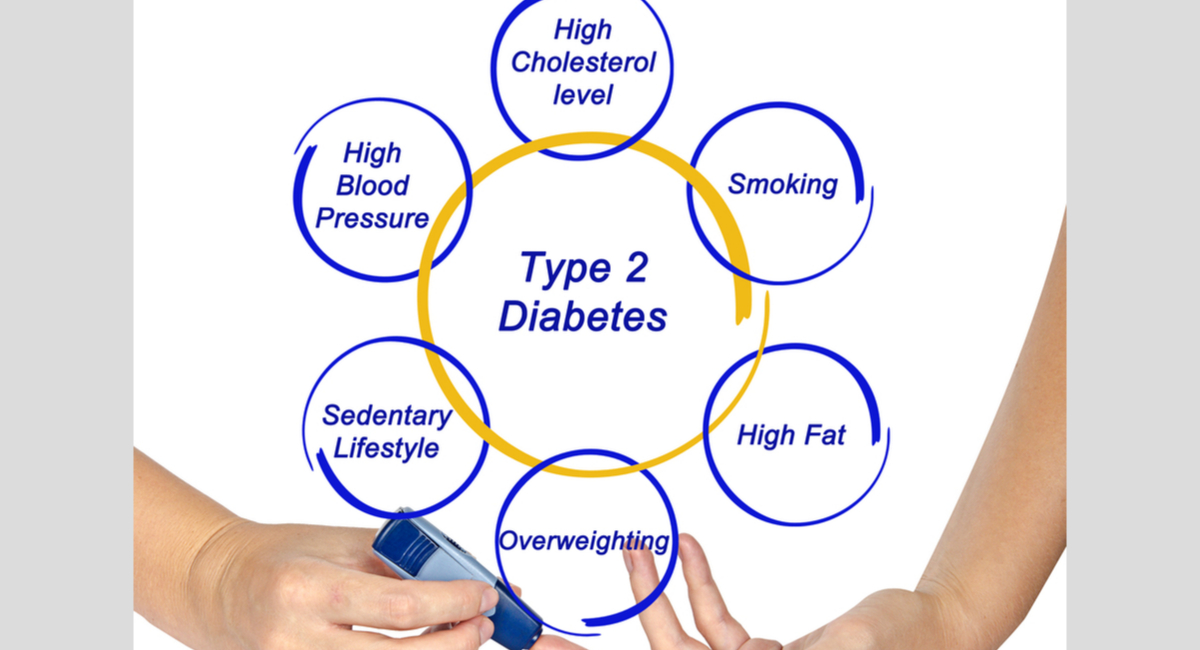 As we age, blood vessels will gradually become narrower and blocked after being used for a long time, just like the water pipes in our homes. After being used for a long time, some dirt will get stuck on the walls of the water pipes. This is called vascular aging, and the speed of vascular aging varies from person to person. In winter, we should pay special attention to maintaining the smooth flow of blood, which can better prevent cardiovascular disease.
As we age, blood vessels will gradually become narrower and blocked after being used for a long time, just like the water pipes in our homes. After being used for a long time, some dirt will get stuck on the walls of the water pipes. This is called vascular aging, and the speed of vascular aging varies from person to person. In winter, we should pay special attention to maintaining the smooth flow of blood, which can better prevent cardiovascular disease.
High-risk groups for cardiovascular disease!
Abdominal obesity:
Abdominal obesity refers to a waist circumference of more than 90 cm for men and more than 80 cm for women, which is what we generally call a tuna belly or a medium-sized body. In this case, the body will not feel particularly uncomfortable, but when our waist circumference is larger, it means that our visceral fat may be high. According to many studies, high visceral fat is related to high blood sugar, high blood lipids, cardiovascular disease or cerebrovascular disease, and even cancer to a certain extent, so it is necessary to pay special attention.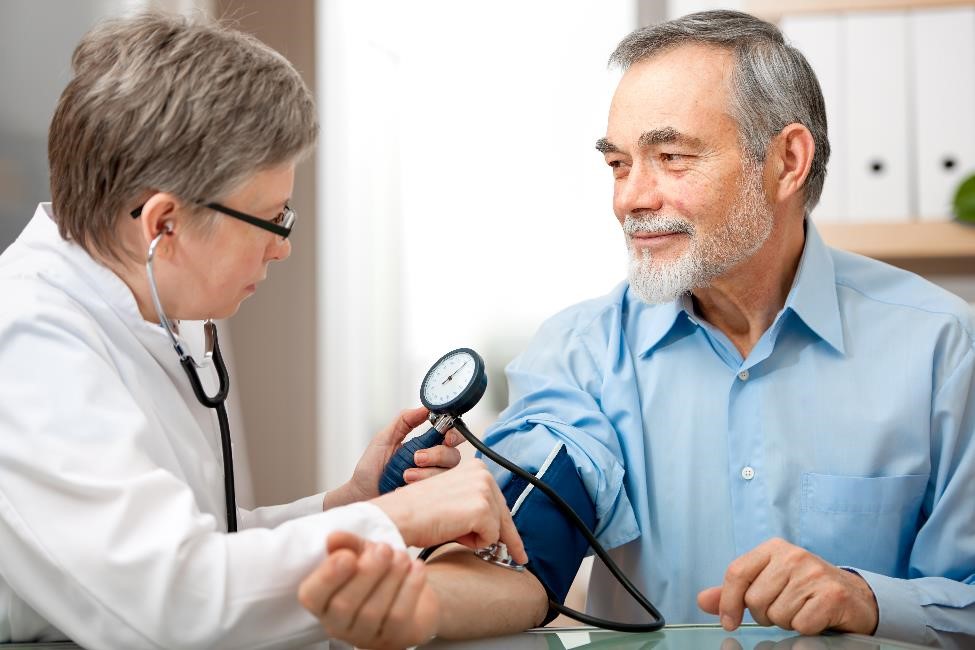 Patients with three highs: The three highs are high blood pressure, high blood sugar and high blood lipids.
Patients with three highs: The three highs are high blood pressure, high blood sugar and high blood lipids.
Hypertension: Generally, people with high blood pressure usually have no symptoms, so it is easy to be ignored, but it will slowly erode our blood vessels bit by bit, because the pressure of the blood vessels is so high, and the blood vessels are constantly rushing into the blood vessels like this every day, and the blood vessel walls are easily damaged; after the blood vessel walls are damaged, they are prone to elastic fatigue, or it is easy to get stuck with some dirt, making the inner wall of the blood vessels narrower. Over time, our blood vessels are more likely to be damaged and age prematurely.
High blood lipids: High blood lipids mean that there are a lot of triglycerides and cholesterol in our blood every day. In this case, it is easier to get stuck on the inner wall of the blood vessels, causing arteriosclerosis or vascular stenosis.
High blood sugar: The symptoms of high blood sugar are eating more, drinking more, urinating more, and being hungry easily, but not gaining weight. When this happens, it means that the blood sugar is too high. But when blood sugar starts to rise, the body can't detect anything unusual. When blood sugar is high, whether it is much higher or a little higher, it will damage the inner wall of the blood vessels, because sugar is a substance that is more likely to cause inflammation in the body, so when there is too much sugar in our blood vessels, the blood vessels are prone to inflammation, so the blood vessels are prone to damage and premature aging. So high blood sugar is also more likely to cause cardiovascular disease risk.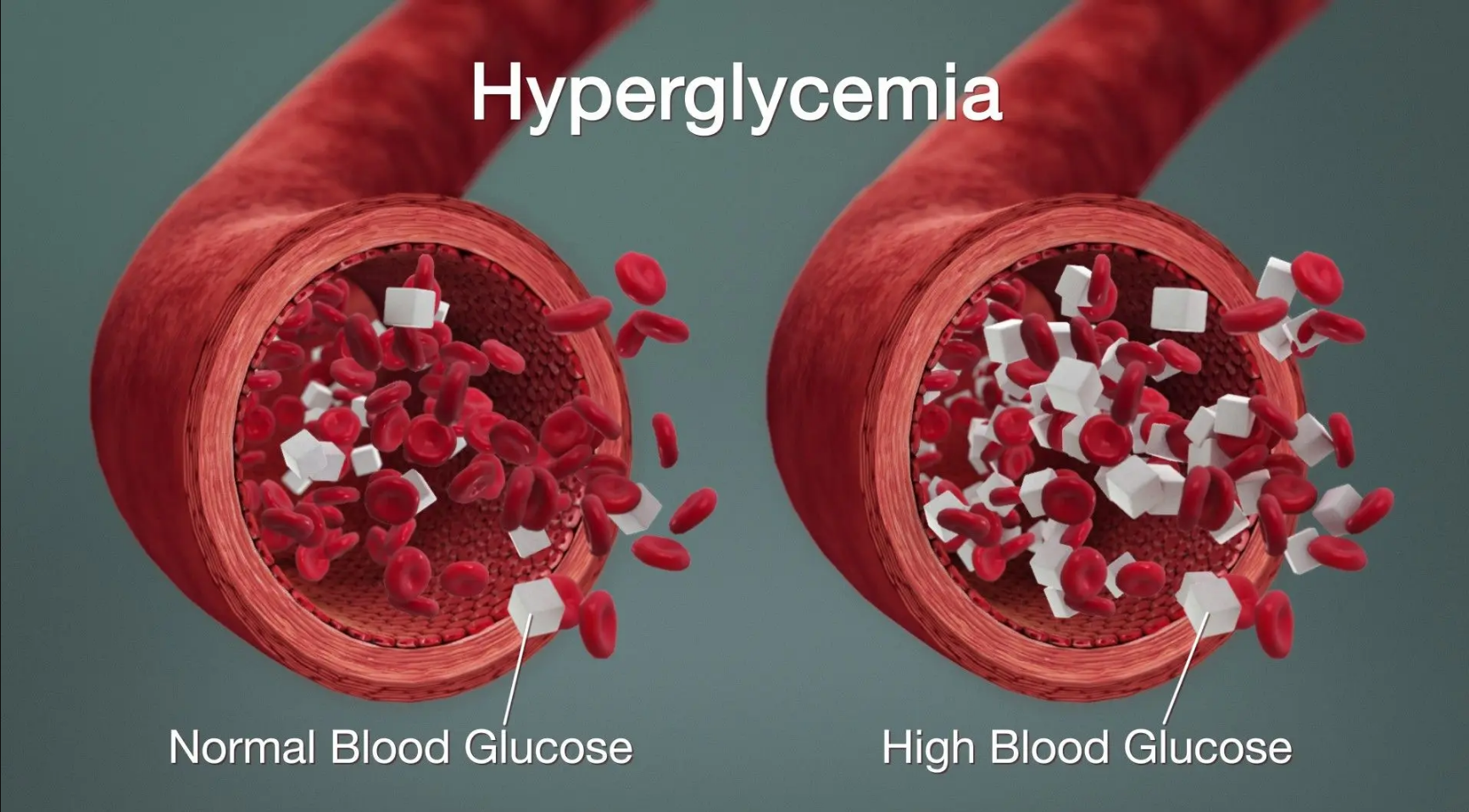 Smoking:
Smoking:
Electronic cigarettes: Electronic cigarettes contain hundreds of harmful substances and dozens of carcinogens. Although electronic cigarettes do not contain tar, because they need to heat the oil and atomize it to produce smoke, but after atomization, PM2.5 will increase accordingly, and smoking will also inhale a lot of harmful substances in PM2.5. In addition to nicotine, electronic cigarettes will add additional chemicals such as benzoic acid or propylene glycol and nitrosamines to make the product stable and burn. These substances have adverse effects on physical health. In addition, electronic cigarettes are not good for cardiovascular and asthma.
General cigarettes: Smoking increases the risk of cardiovascular disease and the chance of myocardial infarction. Cigarettes contain more than 4,000 harmful substances and 170 carcinogens. Smoking every day will slowly accumulate damage to our lungs and blood vessels, and the risk of cancer will also increase, especially lung cancer, oral cancer, nasopharyngeal cancer, esophageal cancer, etc., and it will also increase the chance of liver cancer and bladder cancer.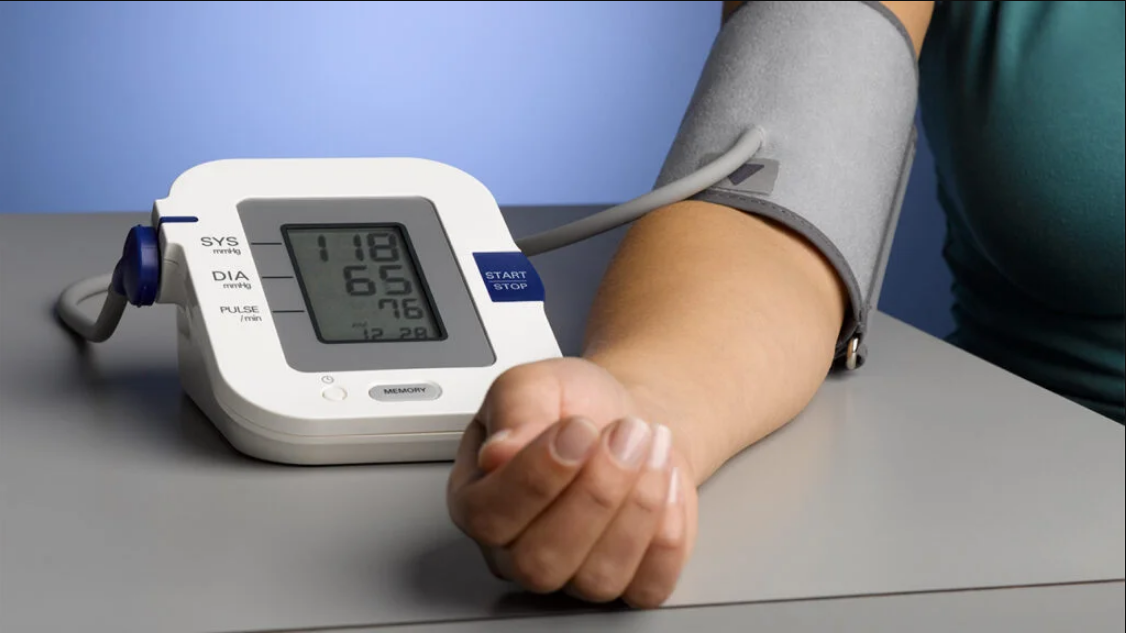 Overwork:
Overwork:
When our workload is too large, the working hours are too long, or the work exceeds our capacity, we will be overworked. The World Health Organization defines the standard of overwork as: feeling exhausted, very tired, and having negative emotions such as anger or disgust at work. Under these two conditions, professional work efficiency is reduced.
When stress increases, the body's stress hormones will increase, and our blood pressure will temporarily rise to cope with stress. If the overwork situation continues, then the blood pressure will always be high, which will easily damage the blood vessels. Over time, the blood vessels will become elastic, narrow, and blocked.
When we need to cope with stress, the body needs enough energy, so the body will naturally increase blood sugar. If we are under high pressure for a long time, blood sugar will always be maintained at a high level, which will also easily cause cardiovascular damage.
Sleep can repair the body. If you don’t have a good sleep, you will have to face new challenges the next day, and the body will be very exhausted. In this case, in addition to physical exhaustion, you will also be prone to negative emotions psychologically, which will lead to anxiety or depression. These emotions will in turn affect the health of our cardiovascular system, so overwork is very damaging to the body and should be avoided as much as possible.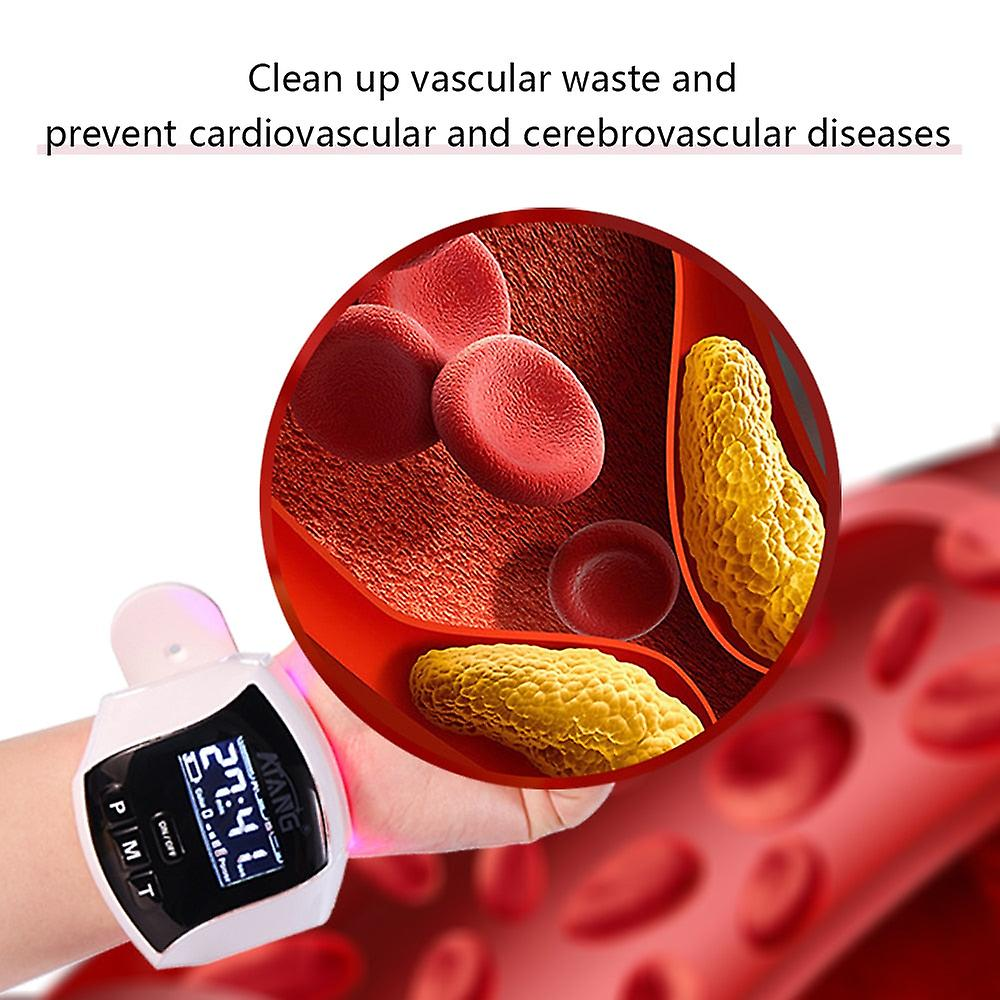 Older people:
Older people:
Blood vessels will gradually become narrower with age, so older people should pay special attention to preventing cardiovascular risks in winter.
Family history:
If there is a family history of cardiovascular disease, there may be a little more risk than others, so be vigilant.
Winter health tips
Drink more warm water:
How can we reduce or prevent the occurrence of blood vessel blockage or rupture? First, drink more warm water, because when warm water is drunk, our body will be warm and the blood vessels will relax. Second, after drinking warm water, the blood circulation will be smoother and the blood will be less viscous. Therefore, you should slowly replenish your body with warm water every day in winter.
Live and work normally and avoid staying up late:
The body is doing repair work when sleeping at night. The so-called autumn harvest and winter storage means that winter is a season that requires more rest. You should have at least 6.5 hours of sleep time and adjust it according to your needs to get as much sleep as possible.
It is cold/the temperature difference is large, so keep warm (especially the neck and hands and feet):
In winter, you should pay special attention to keeping warm, especially the neck and hands and feet are prone to cold. If you keep warm, the blood vessels will be more relaxed. When the hands and feet are warm, the blood vessels will relax and the blood pressure will be more stable.
Moderate exercise (avoid low temperature in the early morning):
Although it is very cold in winter and you don’t want to move, it is still recommended that you move, because it can promote blood circulation, and exercise actually has a positive effect on cardiovascular system. In addition to improving the three highs, it can also reduce weight and improve immunity. It is less likely to catch a cold in winter. According to the standard of the World Health Organization, it is 30 minutes of exercise a day, and you should exercise every day, so we recommend that you can exercise at least 3.5 hours a week. In addition, many elderly people like to do morning exercises. In winter, you should be especially careful. If a cold wave comes, remember to wear warm clothes such as scarves and hats before going out, or if it is really cold, just move around at home. Don't let the temperature difference of the body be too large, and it is less likely to cause problems. In addition, when you have physical problems such as a cold, you don't need to force yourself to exercise. The body needs rest occasionally.
Warm up your muscles and bones and wear warm clothes before getting out of bed in the morning:
You may encounter a relatively cold environment when you leave the bed in the morning, so pay attention when you just get up in the morning. If you can move your muscles and bones a little in bed, remember to add a warm piece of clothing when you get up. If it is very cold when a cold wave comes, you should consider turning on the heater or air conditioner. Don't let the temperature change too much when you get up. Too much temperature difference will cause blood vessels to contract all of a sudden, and problems will occur.
Avoid emotional fluctuations:
There are eight out of ten things in life that are not satisfactory. Sometimes we will inevitably encounter some things that make us feel uncomfortable physically and mentally, or angry and sad. If possible, try to adjust these emotions and let your heart slowly return to a calmer state. Occasionally, you can take a deep breath or go out for a walk, do what you like, buy things, divert your emotions or find someone to complain, etc., to maintain a positive and comfortable mood. Especially in winter, if there is a sudden emotional stimulation, it may also cause cardiovascular or cerebrovascular accidents.
Regularly measure blood pressure:
According to the recommendations of the Republic of China Heart Association, adults over the age of 18 should measure their blood pressure at least once a year, because people nowadays may eat better, move less, and have more pressure, so the age group with high blood pressure is slowly decreasing. In fact, some people may not feel uncomfortable, but they still need to be protected, so if possible, measure blood pressure once a year. The standard of blood pressure is preferably below 120/80 to reduce the risk of cardiovascular and cerebrovascular diseases. It should not exceed 140/90 as much as possible. The sooner the blood pressure is controlled, the better the elasticity of the blood vessels can be maintained.
Patients with three highs take medicine on time:
Patients with three highs are advised to take medicine on time every day and do not stop taking medicine on their own. The medicines we take every day will be slowly metabolized by our kidneys and livers, so most of the medicines we take today will be excreted tomorrow and will not accumulate in the body, so we need to maintain a certain blood concentration every day to make it have a certain effect.
Pay more attention to cardiovascular diseases at ordinary times.
Healthy diet
Drink more water
Lose weight
Quit smoking and drinking
Avoid overwork
Regular health check-ups
Regular exercise
Stress relief
Sufficient sleep
Categories: health
